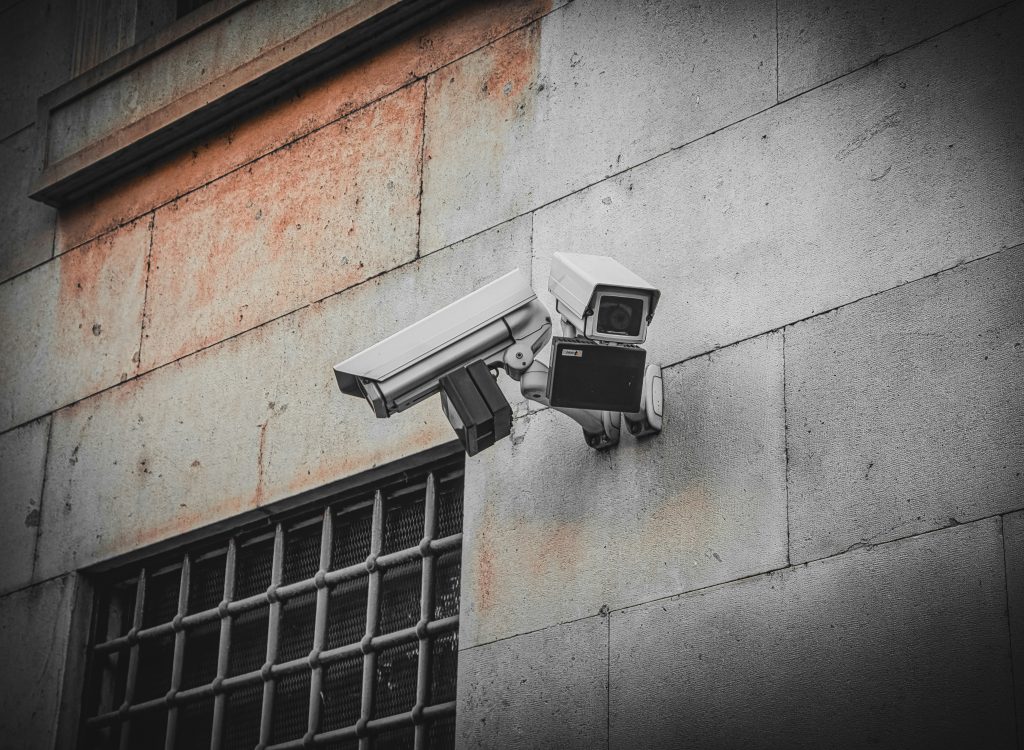Tina Peters Found Guilty in High-Profile Election Security Breach Trial
In a landmark trial that has captivated public attention, a Colorado jury has found Tina Peters, the former clerk of Mesa County, guilty on seven out of ten criminal charges related to a significant security breach within the election office she managed. This case marks a pivotal moment in the ongoing national discourse surrounding election integrity and security, particularly in the aftermath of the 2020 presidential election.
The charges stem from an incident in 2021 where Peters allegedly facilitated unauthorized access to election equipment by using another individual's security badge. This breach raised serious concerns about the integrity of the election systems in her jurisdiction and sparked widespread debate about the responsibilities of election officials in safeguarding electoral processes.
During the trial, evidence was presented indicating that Peters allowed an expert associated with conspiracy theorist Mike Lindell to access sensitive election equipment. This action not only violated security protocols but also put the electoral system at risk, raising alarms about potential manipulation or unauthorized data extraction.
The jury's decision underscores the legal and ethical responsibilities that election officials bear in maintaining the security and integrity of the voting process. The seven guilty counts reflect a clear message that breaches of this nature will not be tolerated, particularly in an era where trust in electoral processes is paramount.
The trial has also highlighted the increasing scrutiny that election officials face, especially those who have been linked to unfounded conspiracy theories regarding election fraud. Peters’ case serves as a cautionary tale for those in positions of power within the electoral system, emphasizing that accountability is essential to uphold public trust.
Legal experts note that this ruling could set a precedent for future cases involving election security breaches, particularly as more officials come under investigation for similar actions. With the rising tensions surrounding election security, Peters’ conviction may serve as a crucial turning point in how such cases are handled in courts across the country.
As the verdict was delivered, reactions poured in from various corners of the political spectrum. Advocates for election integrity hailed the decision as a win for accountability and transparency in the electoral process, while critics argued that the trial was politically motivated.
In the wake of the trial, calls for reform in election security practices are likely to intensify, as stakeholders across the political landscape seek to bolster public confidence in the electoral system. Experts suggest that enhanced training for election officials, improved security protocols, and rigorous oversight mechanisms could be essential steps in preventing future breaches and ensuring the integrity of elections.
The implications of this trial extend beyond the courtroom, affecting the broader narrative surrounding elections in America. As concerns about election security continue to loom large, the outcomes of cases like Peters’ will play a crucial role in shaping public perception and policy moving forward.
In conclusion, the conviction of Tina Peters not only highlights the legal ramifications of election security breaches but also serves as a reminder of the ongoing challenges facing election officials in a highly polarized political climate. The call for greater accountability and transparency in electoral processes has never been more urgent, and this case may very well mark a turning point in the fight for election integrity.
As we move forward, it remains to be seen how this verdict will influence future legislation and the strategies employed to protect the sanctity of elections in the United States.











